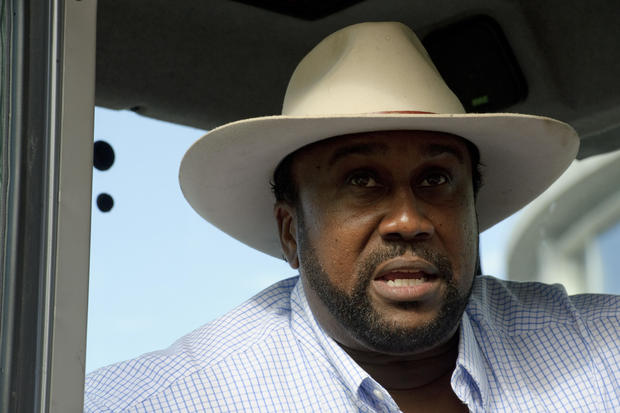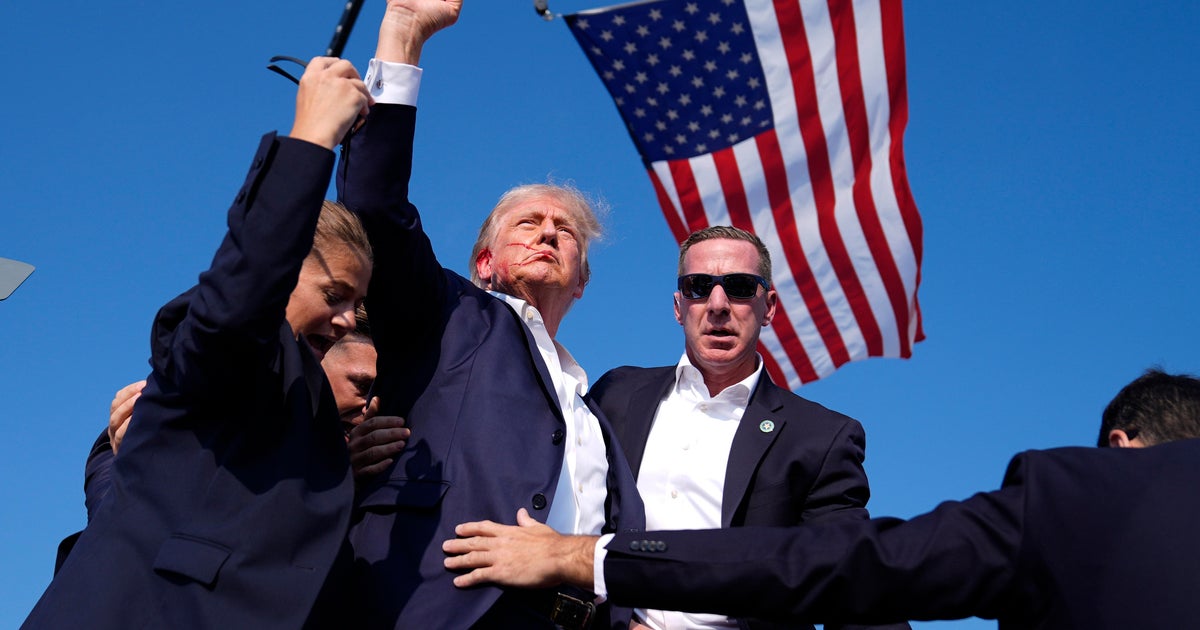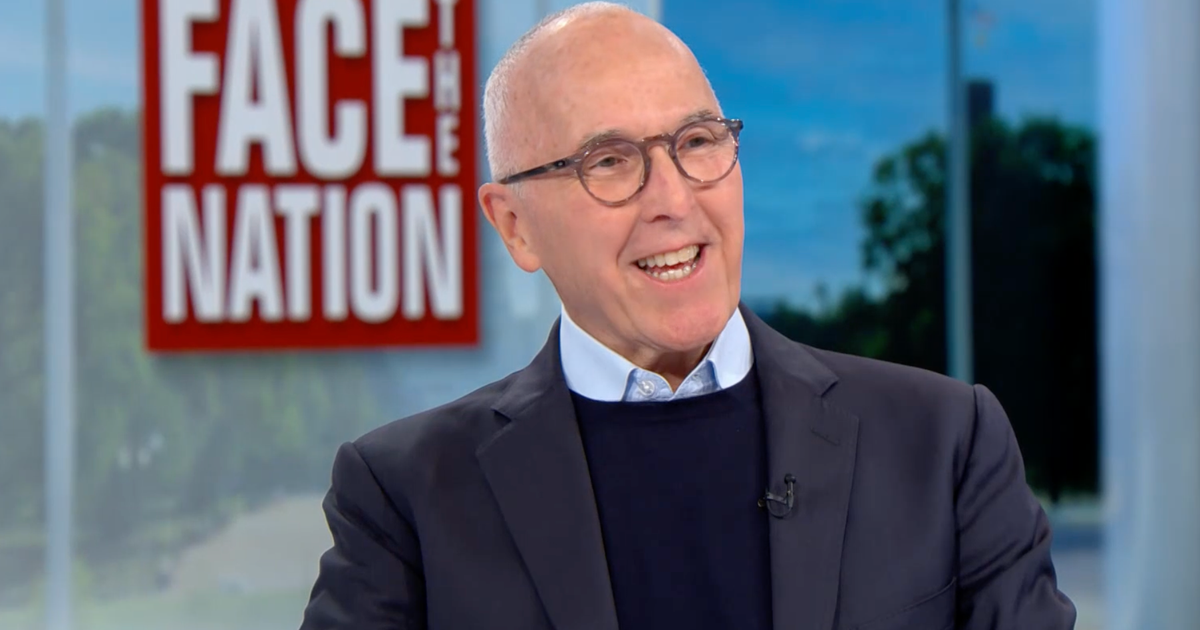Black farmers say Inflation Reduction Act reneges on promises for debt relief

Lester Bonner, a tobacco farmer in Virginia, opened his mailbox one morning last June to find a letter from the U.S. Department of Agriculture. The five-page missive said the remaining balance on a $50,000 federal loan he’d received to help him buy his farm would soon be wiped clean.
“It was going to release the greatest burden of my life,” Bonner, 75, told CBS MoneyWatch. “That’s what’s been setting me back this whole time.”
It’s been more than a year since Bonner, who is Black, got that letter from the USDA, but his loan still hasn’t been forgiven. Now he believes it will never be erased.
Thousands of others in Bonner’s shoes are also questioning if they will ever see any debt relief, according to a national group of Black farmers. That’s because a provision in the Inflation Reduction Act — which is set to be signed into law by President Biden — has significantly reduced the amount of funds allocated to farmers for debt relief. The bill has also removed wording that specifically carved out money for Black farmers to erase their USDA loans.
The Emergency Relief for Farmers of Color Act, which passed last year alongside the American Rescue Plan, called for $4 billion in loan forgiveness to farmers of color. In addition to providing aid to Black growers who have struggled during the pandemic, the emergency funding marked the first step in correcting decades of discrimination that some farmers say they have faced at the hands of the USDA.
Yet the loan-forgiveness program has been removed from the inflation measure before any dollars could reach farmers like Bonner.
The revised Inflation Reduction Act would provide $3.1 billion to “distressed borrowers” and another $2.2 billion to farmers who have “experienced discrimination” from the USDA, while removing race as a criterion for eligibility.
“Broken promise”
By removing the “farmers of color” language originally stipulated in the bill, the revised measure hurts Black farmers because it opens up debt-relief funding to farmers of all races, said John Boyd Jr., president of the National Black Farmers Association. It will likely mean that fewer Black farmers receive forgiveness for USDA loans as they are outnumbered nationwide by White farmers, added Boyd, who is a Virginia farmer.
Changes to the farm funding come a year after at least six federal lawsuits were filed by White farmers who claimed the legislation was unfair because it blocked them from applying for the loan forgiveness because of their race. The still-pending lawsuits came from small growers in Florida, Tennessee, Texas, Wisconsin and Wyoming.
Boyd decried the changes made to the funding program.
“That’s a broken promise and a broken contract between the U.S. government and Black farmers,” he said. “It’s a huge loss for us and other Black farmers who have been waiting on this.”
Scott J. Ferrell
Black farmers could still qualify for a significant share of the aid provided under the inflation bill, although it’s unclear if their applications will be swamped by other applicants who are now also eligible for relief. Boyd said it will boil down to how the USDA sets the criteria.
The USDA still hasn’t determined what farmers will need to submit to prove they’ve been discriminated against or are distressed, the agency told CBS MoneyWatch.
“USDA intends to move expeditiously and our teams are already examining the best paths forward and our options for complying with the language,” a spokesperson told CBS MoneyWatch on Friday.
For decades, farmers of color have complained about what they say is unfair treatment when applying for USDA loans. A U.S. Commission of Civil Rights report from 1982 found that the agency’s lending arm “has not given adequate emphasis or priority to the crisis facing Black farmers.” In some cases, the USDA “may have hindered the efforts of Black small farm operators to remain a viable force in agriculture,” it added.
More recently, farmers of color say it has been tough to get farm loans because lenders see them as “more likely to operate smaller, lower-revenue farms, have weaker credit histories, or lack clear title to their agricultural land,” a 2019 report from the U.S Government Accountability Office found.
No fuel for his tractors
Black farmers like Bonner and Boyd said they were depending on the debt forgiveness because their operations have struggled to maintain their financial footing during the coronavirus pandemic. Black farmers received just 0.1% of the pandemic relief slated for farmers, U.S. Agriculture Secretary Tom Vilsack told The Washington Post last year.
Times have been so tough on Bonner’s 136-acre farm, situated in Virginia’s Dinwiddie County roughly 40 miles south of Richmond, that he has resorted to selling off his hogs.
“I’m living from one Social Security check to another,” Bonner told CBS MoneyWatch. “And right now, I can hardly buy fuel for the tractors, and half of them are already broken down.”
Bonner bought the farmland with his brother in 1989, and they have since paid the loan down to roughly $20,000. Of late Bonner said, he hasn’t made any payments because of a lack of income.
Bonner said the USDA letter promising debt relief was a lifeline — one that may have been taken away.
“This is just like the 40 acres and a mule,” he said. “You get promises, but you never actually get it.”
World News || Latest News || U.S. News
Source link




